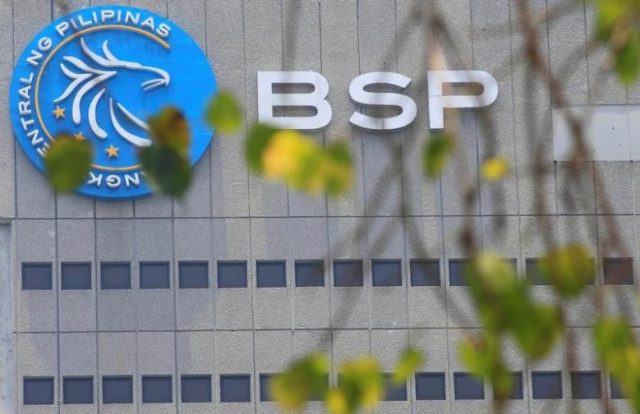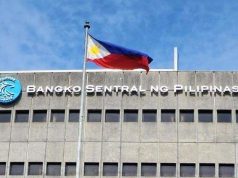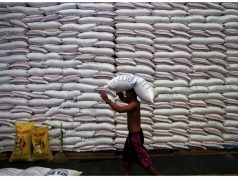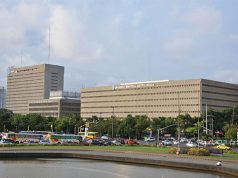
- All 21 economists expect rates to rise by 50 bps to 5.50%
BENGALURU— The Philippine central bank will opt for a more modest 50 basis point interest rate hike on Thursday, matching an expected U.S. Federal Reserve move the day before, despite inflation running at a 14-year high, a Reuters poll found.
Following a 75 basis point hike in November, Bangko Sentral ng Pilipinas (BSP) Governor Felipe Medalla said the central bank would raise rates by 25 or 50 basis points this month to maintain its interest rate gap with the Fed and support the currency.
At 8.0% in November, Philippine consumer price inflation is well above the BSP’s target range of 2%-4%, suggesting there is little room to slow its policy tightening.
All 21 economists in a Dec. 5-12 poll expected the BSP to hike its overnight borrowing rate PHCBIR=ECI by 50 basis points to 5.50% on Dec. 15, which would be the highest since January 2009.
“Should prices increase beyond normal market fluctuations and bleed into the core as well, the BSP may need to take further, stronger action to prevent a larger inflationary problem from developing,” wrote Robert Dan Roces, an economist at Security Bank.
The central bank has hiked interest rates by 300 basis points this year. After an expected half-point move this week, it is forecast to end its tightening cycle at 6.00% compared with 5.75% in a November poll.
While 11 of 18 economists expected rates to peak at that median rate or higher, four said 5.50% and the remaining three saw rates topping out at 5.75%.
“Having front-loaded its tightening cycle and with GDP growth set to slow, we are sticking with our view that the central bank will stop raising rates early next year,” noted Gareth Leather, senior Asia economist at Capital Economics.
“However, with inflation set to remain above-target for longer than we had previously anticipated, the risks are tilted towards a more prolonged tightening cycle.”
—Reporting and polling by Anant Chandak; Editing by Ross Finley and Alison Williams








